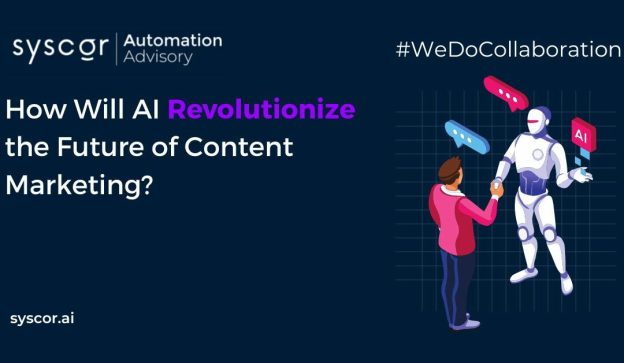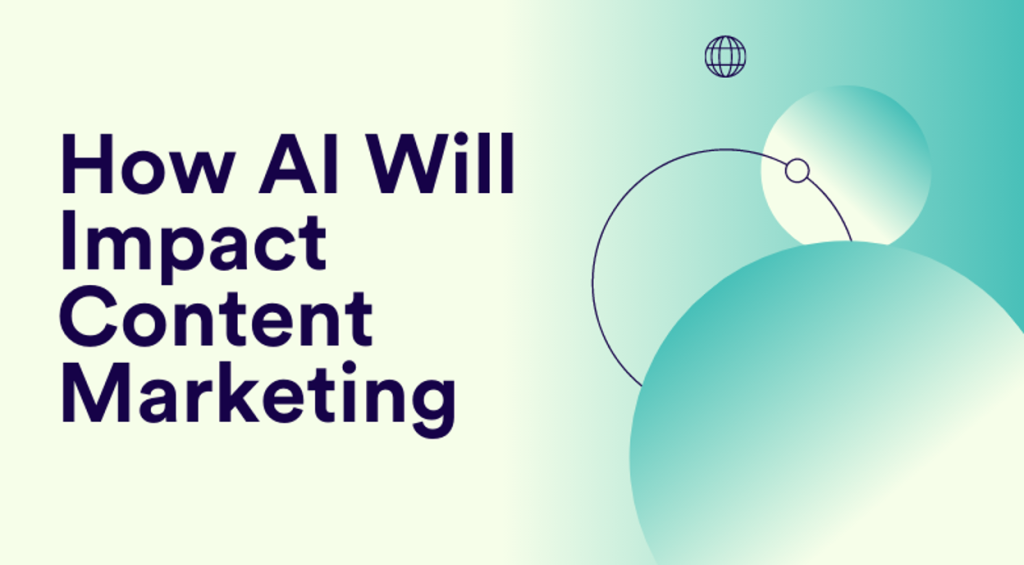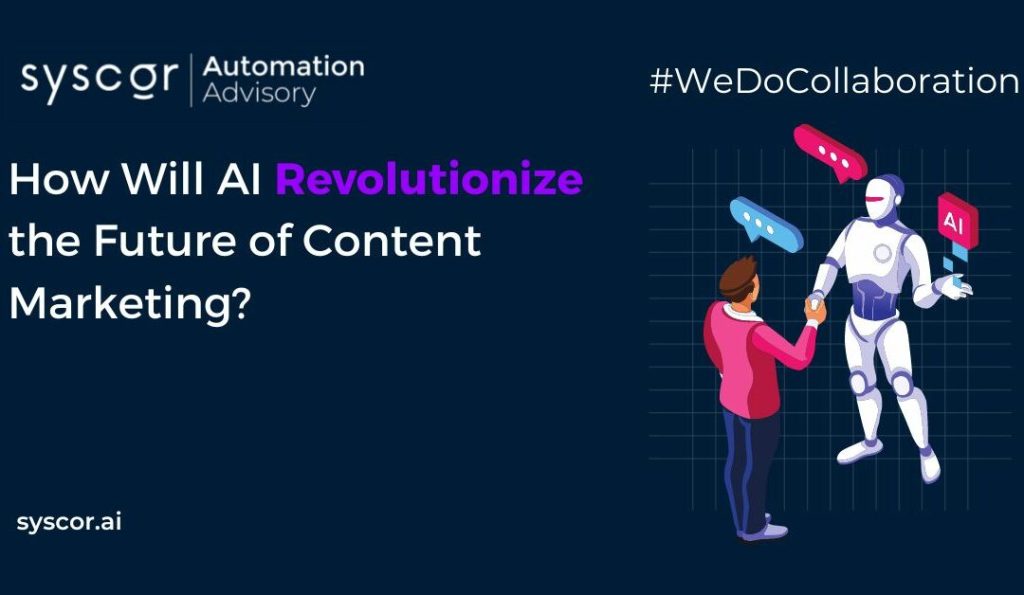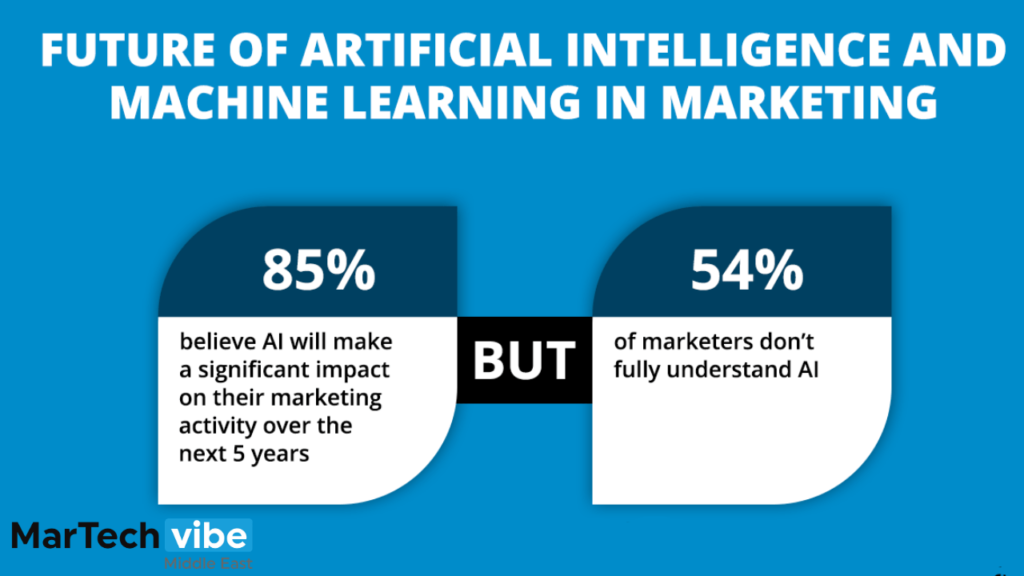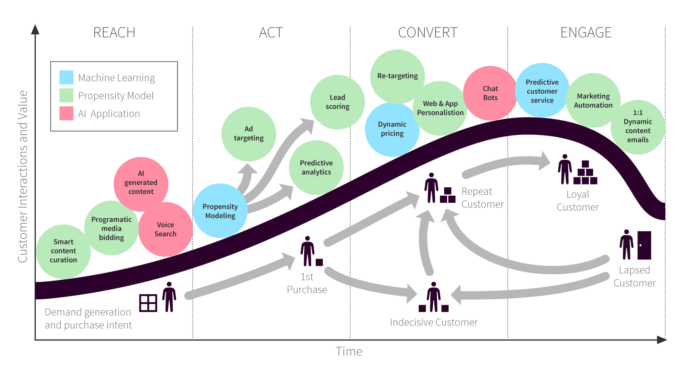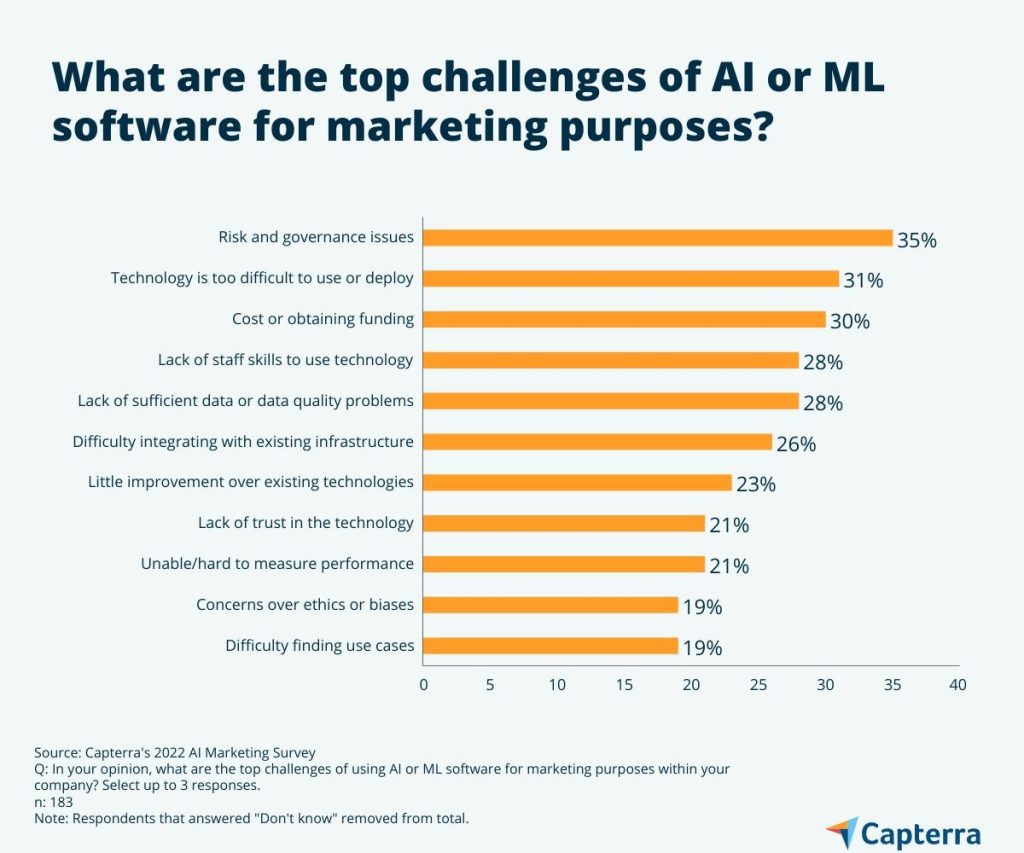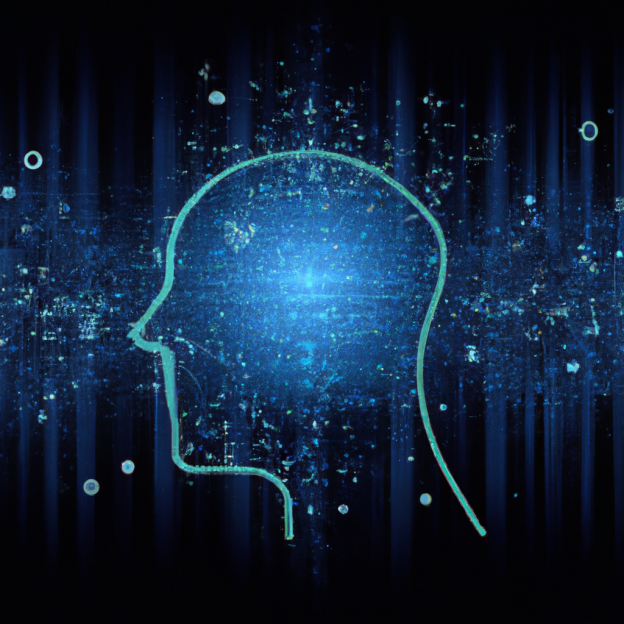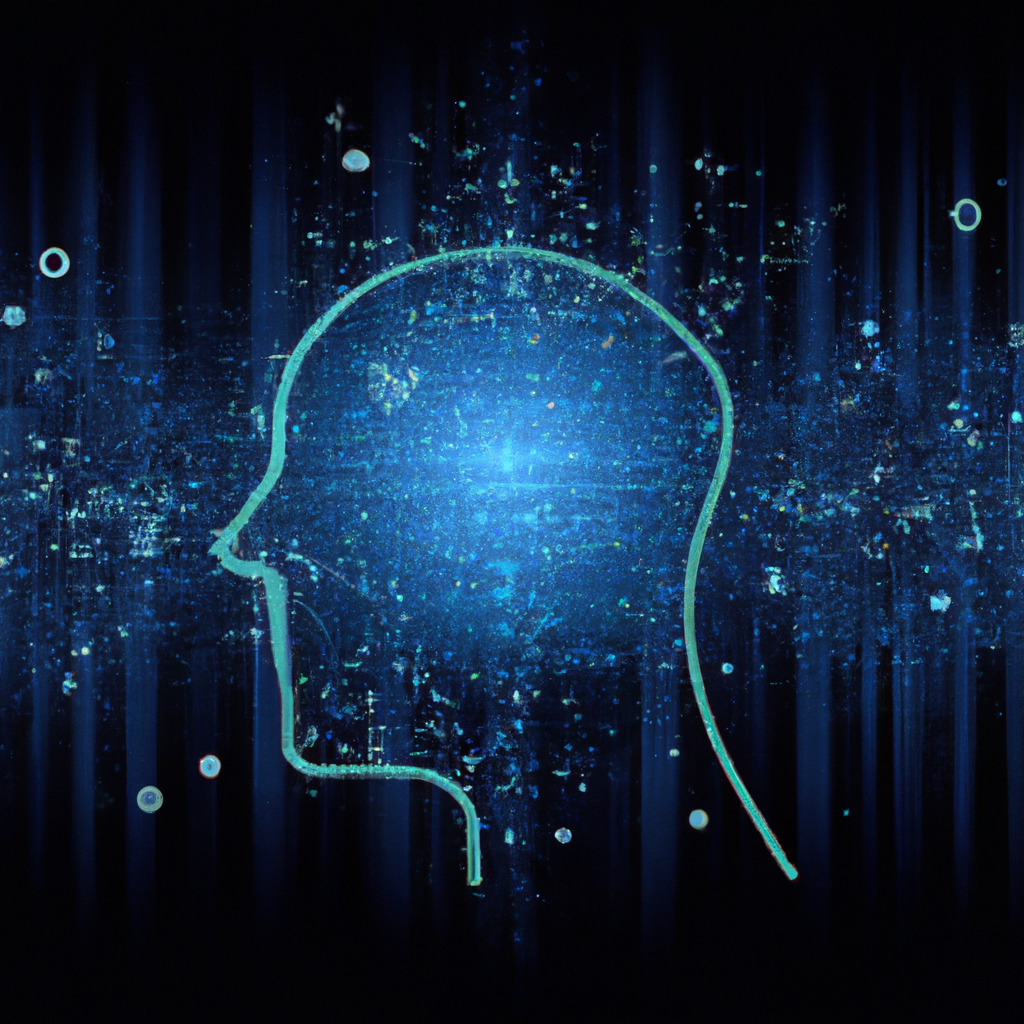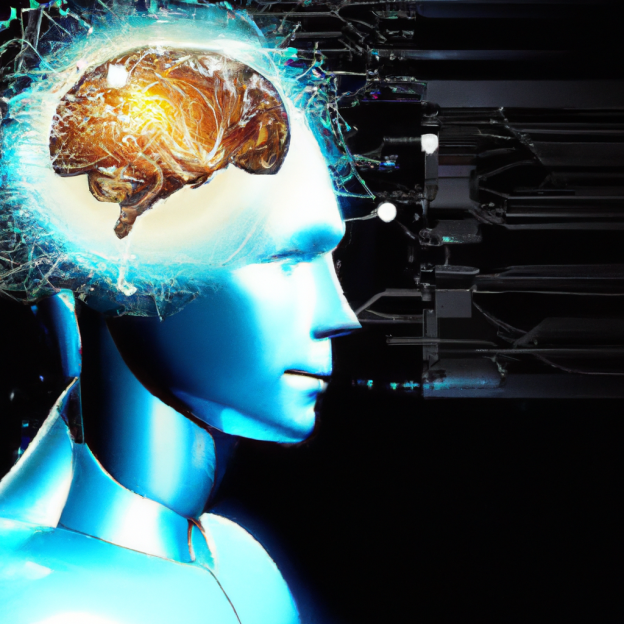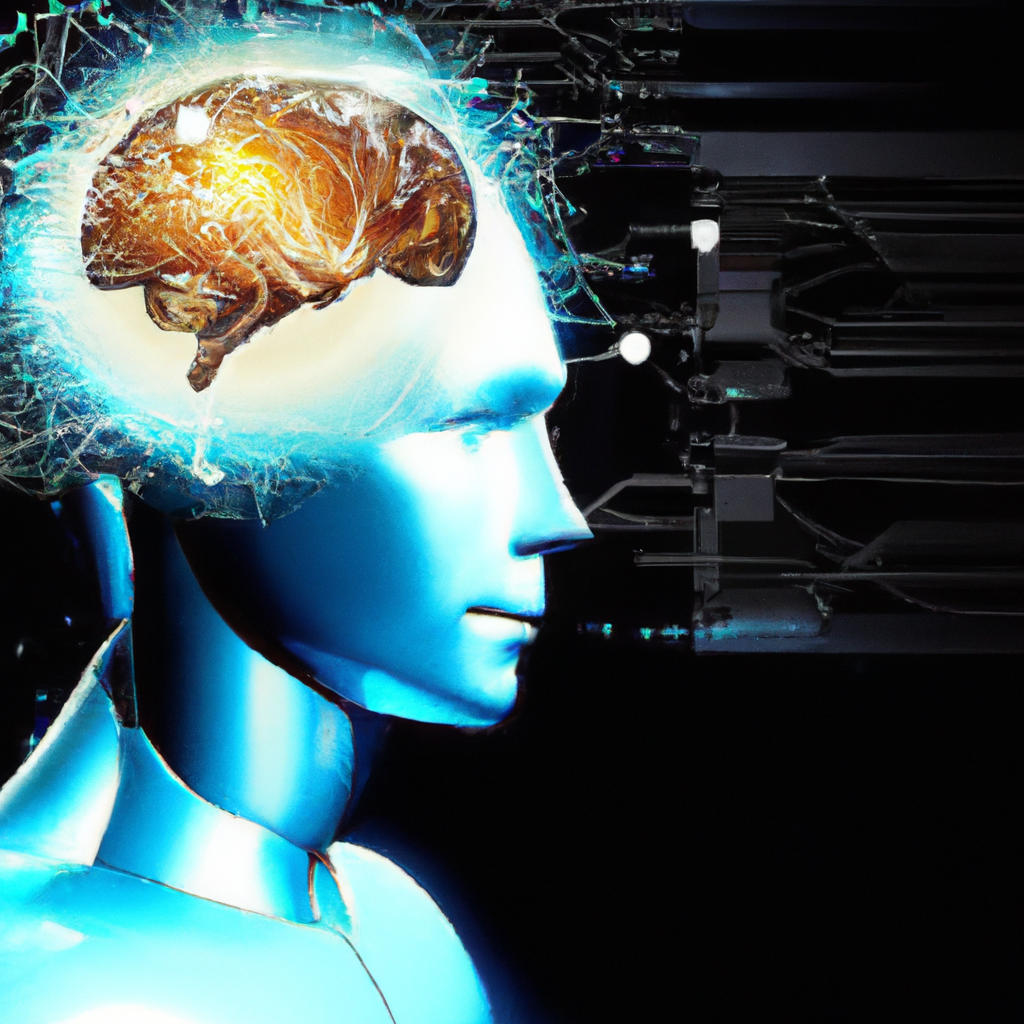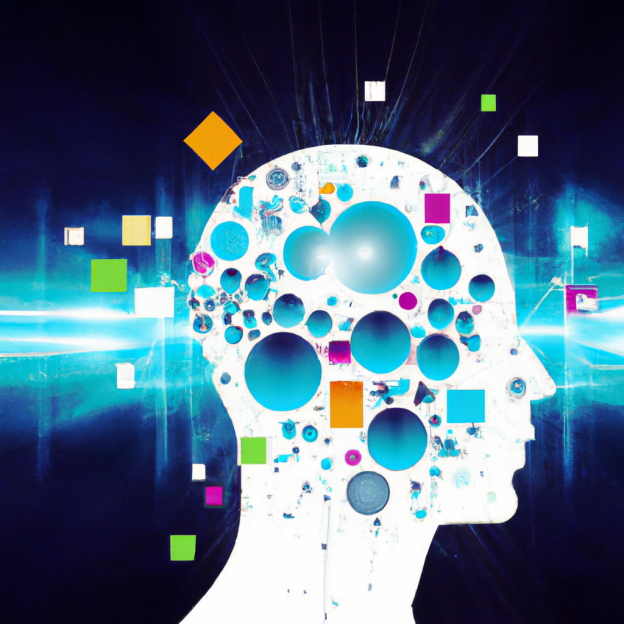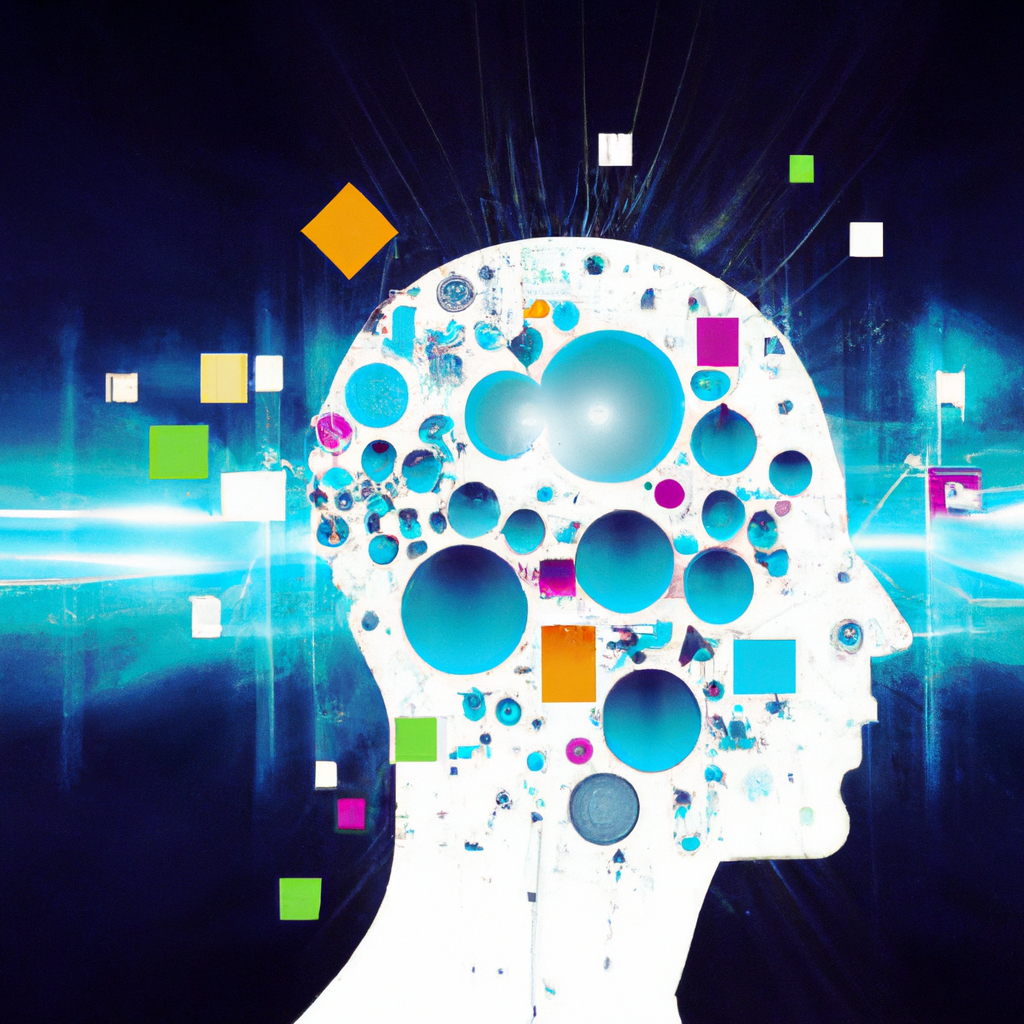Looking to expand your knowledge in the field of marketing and interested in understanding the fascinating world of AI and machine learning? Look no further! In this article, we will provide you with a concise list of the best books that combine the fields of marketing with AI and machine learning, offering valuable insights and practical strategies. Whether you’re a marketer looking to gain a competitive edge or simply curious about the intersection of these two fields, these books are guaranteed to provide you with a wealth of knowledge. So grab a cozy spot and get ready to dive into these enlightening reads!

This image is property of pixabay.com.
1. Marketing Books
If you’re looking to expand your knowledge in the field of marketing, there are plenty of great books out there that can help you stay up to date with the latest trends and strategies. From traditional marketing to digital marketing, integrated marketing, and social media marketing, there is a wide range of topics to choose from. Let’s explore each category in more detail.
1.1 Traditional Marketing Books
Traditional marketing books are a great starting point for anyone looking to understand the fundamentals of marketing. These books cover topics such as market research, branding, advertising, public relations, and more. They provide a solid foundation that can be applied to various industries and marketing campaigns. Some popular titles in this category include “Marketing Management” by Philip Kotler and “Influence: The Psychology of Persuasion” by Robert Cialdini.
1.2 Digital Marketing Books
In today’s digital age, it’s crucial for marketers to have a strong understanding of digital marketing strategies. Books in this category cover topics such as search engine optimization (SEO), social media marketing, content marketing, email marketing, and online advertising. They provide insights into how to create effective digital marketing campaigns that can reach a wide range of audiences. “Digital Marketing for Dummies” by Ryan Deiss and “Jab, Jab, Jab, Right Hook” by Gary Vaynerchuk are popular choices in this category.
1.3 Integrated Marketing Books
Integrated marketing takes a holistic approach by combining various marketing channels and touchpoints to create a consistent and unified brand experience. These books explore the importance of integrating different marketing techniques and provide strategies for creating seamless customer journeys. Titles like “Crossing the Chasm” by Geoffrey A. Moore and “The IMC Handbook” by Philip T. Kotler and W. J. Patti are highly recommended for understanding integrated marketing concepts.
1.4 Social Media Marketing Books
Social media has become an essential part of marketing strategies for businesses of all sizes. Books in this category delve into the tactics and strategies needed to effectively leverage social media platforms for marketing purposes. They cover topics such as social media advertising, influencer marketing, community management, and content creation. “The Art of Social Media” by Guy Kawasaki and Peg Fitzpatrick and “Jab, Jab, Jab, Right Hook” by Gary Vaynerchuk are excellent resources for mastering social media marketing.
2. AI and Machine Learning Books
Artificial Intelligence (AI) and Machine Learning (ML) are transforming the marketing landscape. Understanding these concepts is crucial for marketers who want to stay ahead in the industry. Let’s explore some recommended books in this rapidly evolving field.
2.1 AI Basics Books
If you’re new to AI and ML, starting with AI basics books is a great idea. These books provide an introduction to AI concepts, terminology, and applications. They explain the fundamentals of machine learning algorithms, neural networks, and natural language processing. Some popular titles in this category include “AI Superpowers” by Kai-Fu Lee and “The Hundred-Page Machine Learning Book” by Andriy Burkov.
2.2 Machine Learning Books
Machine learning is a subset of AI and focuses on training machines to learn from data and make informed decisions or predictions. Books in this category delve deeper into machine learning algorithms, techniques, and frameworks. They provide practical examples and case studies to help you understand how machine learning is applied in various industries. “Hands-On Machine Learning with Scikit-Learn, Keras, and TensorFlow” by Aurélien Géron and “Machine Learning Yearning” by Andrew Ng are highly recommended in this category.
2.3 Deep Learning Books
Deep learning is a subfield of machine learning that focuses on training neural networks with multiple layers to recognize patterns and make complex decisions. Books in this category explore deep learning architectures, algorithms, and frameworks such as TensorFlow and PyTorch. They provide insights into image recognition, natural language processing, and other applications of deep learning. “Deep Learning” by Ian Goodfellow, Yoshua Bengio, and Aaron Courville and “Deep Learning for Computer Vision” by Rajalingappaa Shanmugamani are excellent resources to dive into deep learning.
2.4 Natural Language Processing Books
Natural Language Processing (NLP) is the branch of AI that focuses on enabling computers to understand and interact with human language. Books in this category cover NLP methodologies, algorithms, and applications such as sentiment analysis, language translation, and voice recognition. They provide a comprehensive understanding of how NLP is used in various industries. “Speech and Language Processing” by Daniel Jurafsky and James H. Martin and “Natural Language Processing with Python” by Steven Bird, Ewan Klein, and Edward Loper are highly recommended choices.
2.5 Computer Vision Books
Computer vision is a field of AI that focuses on enabling machines to understand and interpret visual information, such as images and videos. Books in this category explore computer vision algorithms, techniques, and frameworks. They cover topics such as image classification, object detection, and image segmentation. “Computer Vision: Algorithms and Applications” by Richard Szeliski and “Deep Learning for Vision Systems” by Mohamed Elgendy are fantastic resources for learning about computer vision.
3. Marketing & AI Integration Books
The integration of AI and ML into marketing strategies has become essential for businesses to thrive in a data-driven world. These books explore how AI and ML can be used to enhance marketing efforts, from strategy development to customer segmentation and personalized marketing.
3.1 AI in Marketing Strategy Books
Books in this category provide insights into how AI and ML can be incorporated into marketing strategies. They explore techniques for leveraging data and analytics to improve decision-making and optimize marketing campaigns. “Marketing AI: From Automation to Revenue Generation” by Steven Casey and “Marketing Automation for Dummies” by Mathew Sweezey are valuable resources for understanding the strategic integration of AI in marketing.
3.2 AI in Customer Segmentation Books
Customer segmentation is a crucial aspect of marketing, and AI can play a significant role in optimizing this process. Books in this category delve into the concept of AI-powered customer segmentation and provide strategies and frameworks for identifying and targeting specific customer groups. “Segmentation & Lifetime Value Models Using Artificial Intelligence” by Alexandre Hubert is a highly recommended book in this area.
3.3 AI in Personalized Marketing Books
Personalized marketing is all about delivering tailored experiences to individual customers. AI can analyze vast amounts of data and provide insights that enable marketers to create highly personalized marketing campaigns. Books in this category explore AI techniques for personalization and provide practical examples of how to implement them effectively. “Predictive Analytics: The Power to Predict Who Will Click, Buy, Lie, or Die” by Eric Siegel and “The AI-Powered Personalization Playbook” by Eric Matisoff are fantastic choices for understanding personalized marketing with AI.
3.4 AI in Predictive Analytics Books
Predictive analytics uses historical data and AI algorithms to forecast future outcomes and behaviors. Books in this category focus on how to leverage AI and ML techniques to build predictive models for various marketing applications. These books provide valuable insights into forecasting customer behavior, demand forecasting, and other predictive analytics techniques. “Predictive Analytics: The Power to Predict Who Will Click, Buy, Lie, or Die” by Eric Siegel and “Predictive Analytics for Marketers” by Barry Leventhal are highly recommended reads.
4. Practical AI and ML for Marketers Books
Understanding the practical applications of AI and ML in marketing is essential for marketers who want to leverage these technologies effectively. Books in this category provide real-world examples and case studies that demonstrate how AI and ML can be implemented to drive marketing success.
4.1 Applications of AI in Marketing Books
Books in this category explore various applications of AI in marketing, including customer relationship management, lead generation, content creation, and more. They provide practical examples and insights into how companies have successfully integrated AI into their marketing strategies. “AI for Marketing and Product Innovation” by A.K. Pradeep, Andrew Appel, and Stan Sthanunathan and “AI-Driven Marketing” by Johannes Lenz are excellent resources for understanding the applications of AI in marketing.
4.2 AI Tools for Marketers Books
The market is flooded with AI tools designed specifically for marketers. Books in this category review and analyze different AI tools and platforms available to marketers, providing guidance on how to choose the right tools and leverage their capabilities effectively. “Marketing AI: From Automation to Revenue Generation” by Steven Casey and “The Big Data-Driven Business: How to Use Big Data to Win Customers” by Russell Glass and Sean Callahan are highly recommended books in this area.
4.3 Ethical Considerations in AI and ML in Marketing Books
As AI and ML continue to shape the marketing landscape, it is crucial to consider the ethical implications of these technologies. Books in this category explore the ethical considerations and challenges that come with implementing AI and ML in marketing. They provide insights into topics such as privacy, bias, transparency, and accountability. “The AI Marketing Canvas: A Five-Stage Roadmap to Implementing Artificial Intelligence in Marketing” by Albert Mora and “Artificial Intelligence in Marketing” by Peter Gentsch and Christoph Schneider are valuable reads for understanding the ethical aspects of AI in marketing.

5. Case Studies and Success Stories Books
Examining case studies and success stories can provide inspiration and valuable insights into how AI and ML have been successfully implemented in marketing strategies. Books in this category highlight real-life examples where AI-powered marketing campaigns have achieved exceptional results.
5.1 Marketing Campaigns Powered by AI Books
Books in this category showcase successful marketing campaigns that have utilized AI and ML technologies. They provide in-depth case studies, highlighting how AI-powered strategies have led to better targeting, higher customer engagement, and improved marketing ROI. “Marketing Artificial Intelligence: Lessons Learned from Leading Innovators” by Jim Sterne and “Marketing Automation for Dummies” by Mathew Sweezey are highly recommended for exploring AI-powered marketing campaigns.
5.2 AI-Driven Marketing Automation Books
AI-driven marketing automation is revolutionizing the way marketers manage campaigns and engage with customers. Books in this category focus on the integration of AI into marketing automation processes, providing examples of successful automation strategies and frameworks. “Marketing Automation for Dummies” by Mathew Sweezey and “Marketing AI: From Automation to Revenue Generation” by Steven Casey are excellent resources for understanding the power of AI-driven marketing automation.
5.3 Real-Life Examples of AI-Enhanced Marketing Strategies
Books in this category examine real-life examples of how AI and ML have enhanced marketing strategies across various industries. They provide insights into the challenges faced, the solutions implemented, and the results achieved through the integration of AI and ML. “Prediction Machines: The Simple Economics of Artificial Intelligence” by Ajay Agrawal, Joshua Gans, and Avi Goldfarb and “Artificial Intelligence in Practice: How 50 Successful Companies Used AI and Machine Learning to Solve Problems” by Bernard Marr are highly recommended for exploring AI-enhanced marketing strategies.
6. Future Trends and Implications Books
To stay ahead in the marketing industry, it is essential to understand the future trends and implications of AI and ML. Books in this category explore the potential impact of these technologies on marketing and provide insights into what the future holds.
6.1 The Impact of AI and ML on Marketing Books
Books in this category examine how AI and ML are disrupting the marketing industry and the potential impact on traditional marketing practices. They discuss the opportunities and challenges that arise with the increasing adoption of AI and ML in marketing. “Marketing Artificial Intelligence: Lessons Learned from Leading Innovators” by Jim Sterne and “The Martech Book: The Ultimate Guide to Marketing Technology” by Scott Brinker are excellent resources for understanding the impact of AI and ML on marketing.
6.2 AI-Enabled Future of Customer Experience Books
Customer experience is a priority for businesses, and AI can play a significant role in shaping it. Books in this category explore how AI is transforming customer experience and the future possibilities it holds. They examine AI applications such as chatbots, virtual assistants, and personalized recommendations that enhance customer interactions. “Human + Machine: Reimagining Work in the Age of AI” by Paul R. Daugherty and H. James Wilson and “The Customer of the Future: 10 Guiding Principles for Winning Tomorrow’s Business” by Blake Morgan are highly recommended for understanding the AI-enabled future of customer experience.
6.3 AI and ML Disruption in Marketing Industry Books
AI and ML are disrupting the marketing industry by revolutionizing how businesses connect with customers and make data-driven decisions. Books in this category dive deeper into how AI and ML are transforming marketing strategies, business models, and industry landscapes. They discuss the potential for AI and ML to disrupt traditional marketing practices and create new opportunities. “Marketing Artificial Intelligence: Lessons Learned from Leading Innovators” by Jim Sterne and “The AI Advantage: How to Put the Artificial Intelligence Revolution to Work” by Thomas H. Davenport are must-reads for understanding the disruption caused by AI and ML in the marketing industry.

7. Industry-Specific Applications Books
AI and ML have specific applications in various industries, and books in this category focus on the intersection of AI and ML with industry-specific marketing strategies.
7.1 AI in Retail and E-commerce Books
Retail and e-commerce are industries that can benefit greatly from AI and ML. Books in this category explore how AI and ML techniques can be applied to improve customer targeting, inventory management, pricing strategies, and personalized recommendations. “AI for Marketing and Product Innovation” by A.K. Pradeep, Andrew Appel, and Stan Sthanunathan and “Personalized Digital Advertising: How Data and Technology Are Transforming How We Market” by Claes H. Fornell and John van Horn are highly recommended for understanding AI applications in retail and e-commerce.
7.2 AI in Healthcare Marketing Books
Healthcare marketing is a unique industry that can benefit significantly from AI and ML applications. Books in this category delve into AI and ML techniques that can enhance patient engagement, healthcare communications, and personalized healthcare recommendations. They discuss the challenges and opportunities of implementing AI and ML in the healthcare marketing landscape. “Artificial Intelligence in Healthcare: Anticipating Challenges, Enhancing Lives” by Christopher McLaughlin and “Healthcare Digital Marketing” by Daniel Lemin and Bryan Semple are valuable resources for understanding AI in healthcare marketing.
7.3 AI in Financial Services Marketing Books
Financial services marketing requires precision, personalization, and effective targeting. AI and ML can help financial institutions achieve these goals by analyzing massive amounts of data and providing actionable insights. Books in this category explore AI applications in areas such as fraud detection, customer segmentation, and personalized financial advice. “Machine, Platform, Crowd: Harnessing Our Digital Future” by Andrew McAfee and Erik Brynjolfsson and “The Financial Services Marketing Handbook: Tactics and Techniques That Produce Results” by Evelyn Ehrlich and Duke Fanelli provide valuable insights into AI in financial services marketing.
7.4 AI in B2B Marketing Books
B2B marketing requires a unique approach, and AI and ML can assist marketers in optimizing their B2B strategies. Books in this category focus on how AI and ML can be leveraged for lead generation, account-based marketing, and customer relationship management in B2B marketing. They provide insights into the challenges faced and the successful implementation of AI and ML strategies in B2B marketing. “The B2B Social Media Book: Become a Marketing Superstar by Generating Leads with Blogging, LinkedIn, Twitter, Facebook, Email, and More” by Kipp Bodnar and “AI Powered Marketing: Harness Artificial Intelligence to Better Manage, Personalize, and Automate Marketing” by Jim Sterne are highly recommended for understanding AI in B2B marketing.
8. Marketing Automation and AI Tools Books
Marketing automation platforms and AI tools provide marketers with the capabilities to streamline their campaigns, increase efficiency, and improve marketing ROI. Books in this category explore marketing automation fundamentals, AI tools available to marketers, and best practices for implementing AI-driven marketing automation.
8.1 Introduction to Marketing Automation Books
Books in this category provide an introduction to marketing automation, explaining its importance and how it can enhance marketing efforts. They cover topics such as lead nurturing, email marketing automation, and marketing campaign management. “Marketing Automation for Dummies” by Mathew Sweezey and “Marketing to the Millennial Woman: How to Sell to the Ultimate Decision Maker” by Cheers Aton are excellent introductory resources for understanding marketing automation.
8.2 AI Tools for Marketing Automation Books
With the rapid advancement of AI, numerous tools have emerged to aid marketers in their automation efforts. Books in this category review and analyze different AI tools available for marketing automation, providing insights into their features, capabilities, and best practices for implementation. “Marketing Automation: Practical Steps to More Effective Direct Marketing” by Jeff Anderson and “Marketing AI: From Automation to Revenue Generation” by Steven Casey are highly recommended for understanding AI tools for marketing automation.
8.3 Best Practices for AI-Driven Marketing Automation
Implementing marketing automation and integrating AI-driven solutions require careful planning and execution. Books in this category provide best practices and strategies for effectively leveraging AI in marketing automation. They cover topics such as data management, integration with existing systems, and measuring the success of AI-driven marketing automation initiatives. “Marketing Automation for Dummies” by Mathew Sweezey and “Marketing Automation: Practical Steps to More Effective Direct Marketing” by Jeff Anderson are essential reads for understanding best practices in AI-driven marketing automation.
9. AI and ML Implementation Books
Implementing AI and ML in marketing requires careful consideration and planning. Books in this category provide guidance on how to successfully implement AI and ML solutions in marketing strategies, as well as the challenges that may arise.
9.1 Implementing AI and ML in Marketing Books
Books in this category provide step-by-step guidelines for implementing AI and ML solutions in marketing strategies. They cover topics such as data collection, algorithm selection, model training, and integration with existing marketing systems. “AI for Marketing and Product Innovation” by A.K. Pradeep, Andrew Appel, and Stan Sthanunathan and “Artificial Intelligence Marketing and Predicting Consumer Choice: An Overview of Tools and Techniques” by Steven Struhl are highly recommended for understanding the implementation process.
9.2 Challenges and Solutions for AI Implementation in Marketing
Implementing AI in marketing comes with its own unique set of challenges. Books in this category explore these challenges in detail and provide practical solutions for overcoming them. They cover topics such as data quality, privacy concerns, talent acquisition, and ensuring successful adoption within organizations. “AI for Marketing and Product Innovation” by A.K. Pradeep, Andrew Appel, and Stan Sthanunathan and “Marketing Automation: Practical Steps to More Effective Direct Marketing” by Jeff Anderson are excellent resources for understanding the challenges and solutions related to AI implementation in marketing.
10. Resources for Learning AI and ML
If you’re interested in diving deeper into AI and ML, there are numerous online courses, certification programs, and conferences available. Books in this category provide recommendations for further resources to enhance your learning journey.
10.1 Online Courses on AI and Machine Learning
Online courses offer a flexible and convenient way to learn AI and ML concepts. Books in this category recommend online courses that cover various aspects of AI and ML, including algorithms, techniques, and application domains. They provide insights into popular online learning platforms and specific courses that can help you enhance your AI and ML knowledge. “Machine Learning A-Z: Hands-On Python & R in Data Science” by Kirill Eremenko and Hadelin de Ponteves and “Deep Learning Specialization” by Andrew Ng are highly recommended courses for learning AI and ML online.
10.2 AI and ML Certification Programs
Certification programs provide formal recognition of your AI and ML knowledge and skills. Books in this category recommend AI and ML certification programs that offer comprehensive training and assessment in these areas. They provide insights into reputable certification providers and the areas of focus covered by their programs. “AWS Certified Machine Learning – Specialty” and “Google Cloud Certified – Professional Data Engineer” are highly respected AI and ML certification programs.
10.3 AI and ML Conferences and Events
Attending conferences and events is a great way to stay updated on the latest trends and developments in AI and ML. Books in this category highlight conferences and events that focus specifically on AI and ML in marketing. They provide recommendations for conferences and events that bring together industry experts, researchers, and practitioners to share their insights and experiences. AI Summit, Marketing AI Conference (MAICON), and International Conference on Machine Learning (ICML) are popular conferences and events to attend for AI and ML in marketing.
In conclusion, marketing and AI are rapidly evolving fields, and it’s crucial for marketers to constantly update their knowledge. The recommended books in this comprehensive article cover a wide range of topics, from traditional marketing strategies to the integration of AI and ML in marketing campaigns. By exploring these resources, you can stay at the forefront of marketing trends and gain valuable insights into how AI and ML are transforming the industry. Whether you’re a marketing professional looking to enhance your skills or a beginner interested in understanding the impact of AI and ML on marketing, these books will provide the knowledge and inspiration you need to succeed. Happy reading!







